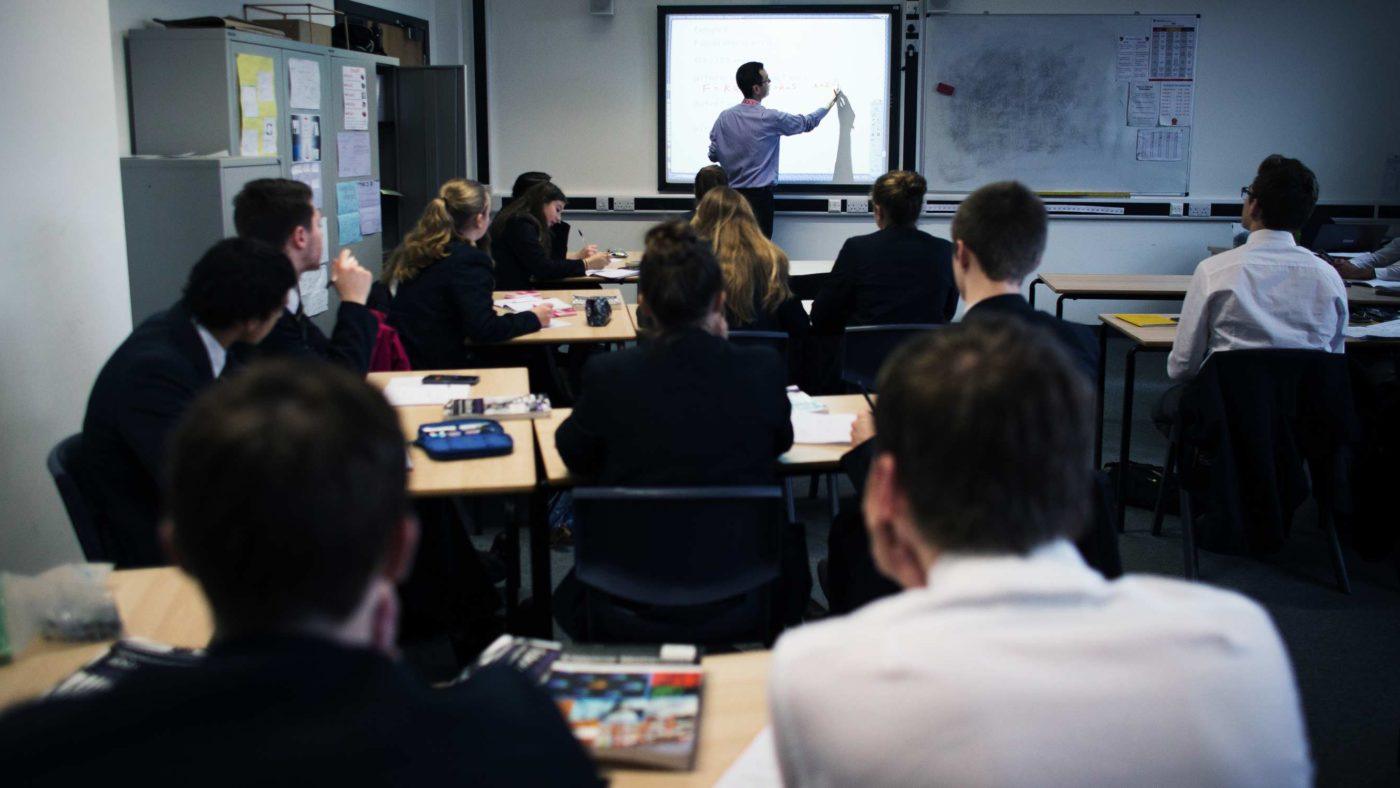As long as there are children to be educated there will be debates as to what they should be taught.
That is only right and natural in a free society. There are at least as many opinions as to the purpose of education as there are families, and what you think that purpose is will determine what you think should go into it. The why determines the what.
And because it takes a village to raise a child, it’s not normally even just a matter of parents deciding the details. Recognising the benefits of bringing children and learning experts (aka teachers) together in one place, most young people today get the bulk of their formal education in a school.
In addition, whilst the money and administrative means varies from country to country, most places fund schools from the public purse, both because education is now recognised as a basic human right, and because of the wider societal benefits that it derives.
This means two things.
Firstly, what schools actually end up teaching is a compromise between what parents, politicians, and wider society thinks should be covered. Secondly, that this is forever under discussion, with endless suggestions and proposals as to what should be added to the mix, depending on who is in government at the time, stories in the media, emerging trends and so on.
As I said above, this is all to be expected and is the sign of a healthy society. It does raise particular challenges for the people actually in schools though: the teachers who have to create and teach the curriculum, and the pupils who will ultimately be taught it.
Assuming 32½ hours a week, 38 weeks a year from Reception to Year 11, children in the UK can expect to receive around 15,000 hours of compulsory schooling. That’s certainly a substantial amount of time. However, when you consider all the things we want children to learn in that time, it gets used up very quickly indeed.
You start off learning to count, read, write, and not bite your classmates, before moving on to the academic elements of a great education: history, geography, maths, literature, RE, PE, art, music, drama and so on. There’s also all the other experiences that are so important: plays and performances, trips, sports fixtures, opportunities to lead and be led; the list is infinite.
Alas, infinity is bigger than 15,000 hours, so priorities have to be determined and compromises made. It has limited resources and time, so a school curriculum has to stop somewhere – but that doesn’t stop well-meaning people suggesting more stuff to be squeezed in.
A few years ago I compiled a list of all the additional curriculum suggestions made by people. Across 2018 we found 213 proposals – more than one for every school day of the year! They range from the sensible (basic first aid, what constitutes a healthy diet), to the debatable (personal finance, the importance of sleep) to the downright bizarre (‘how to get pregnant’, sadomasochism).
And what many of these well-meaning suggestions fail to recognise is that the typical school curriculum is already trying to squeeze a quart into a pint pot. Indeed, the suggestions made are often already covered in some form or another anyway. Slavery, empire and critical thinking, for instance, are already well integrated into the curriculum.
It is also rare that people stop to ask whether schools are necessarily the best place to learn about whatever issue they feel is absolutely essential. Yes, schools are an easy place to reach the vast majority of kids, but that doesn’t make them the right place for everything.
Those 15,000 hours in school are precious and finite; we need to save them for the most important things that can only be done in a school. And there are loads of other people and places through which children can learn the rest, and plenty of time to do so too.
With this in mind, here at the Centre for Policy Studies we’re going to revive the ‘What should schools teach?’ list, to see what kind of issues people are currently pushing for the curriculum to pick up, and how it has changed since the 2018 list.
A list based on what we’ve found from an internet trawl can be found here.
Amongst other topics, 2023 has seen ‘misogyny’, ‘not bothering the NHS’, ‘taekwondo’, and ‘the impact of pornography’ suggested, so who knows what awaits us in the rest of the year?
We’ll regularly update it from now on – feel free to get in touch and let us know if you spot something to add!
Click here to subscribe to our daily briefing – the best pieces from CapX and across the web.
CapX depends on the generosity of its readers. If you value what we do, please consider making a donation.


